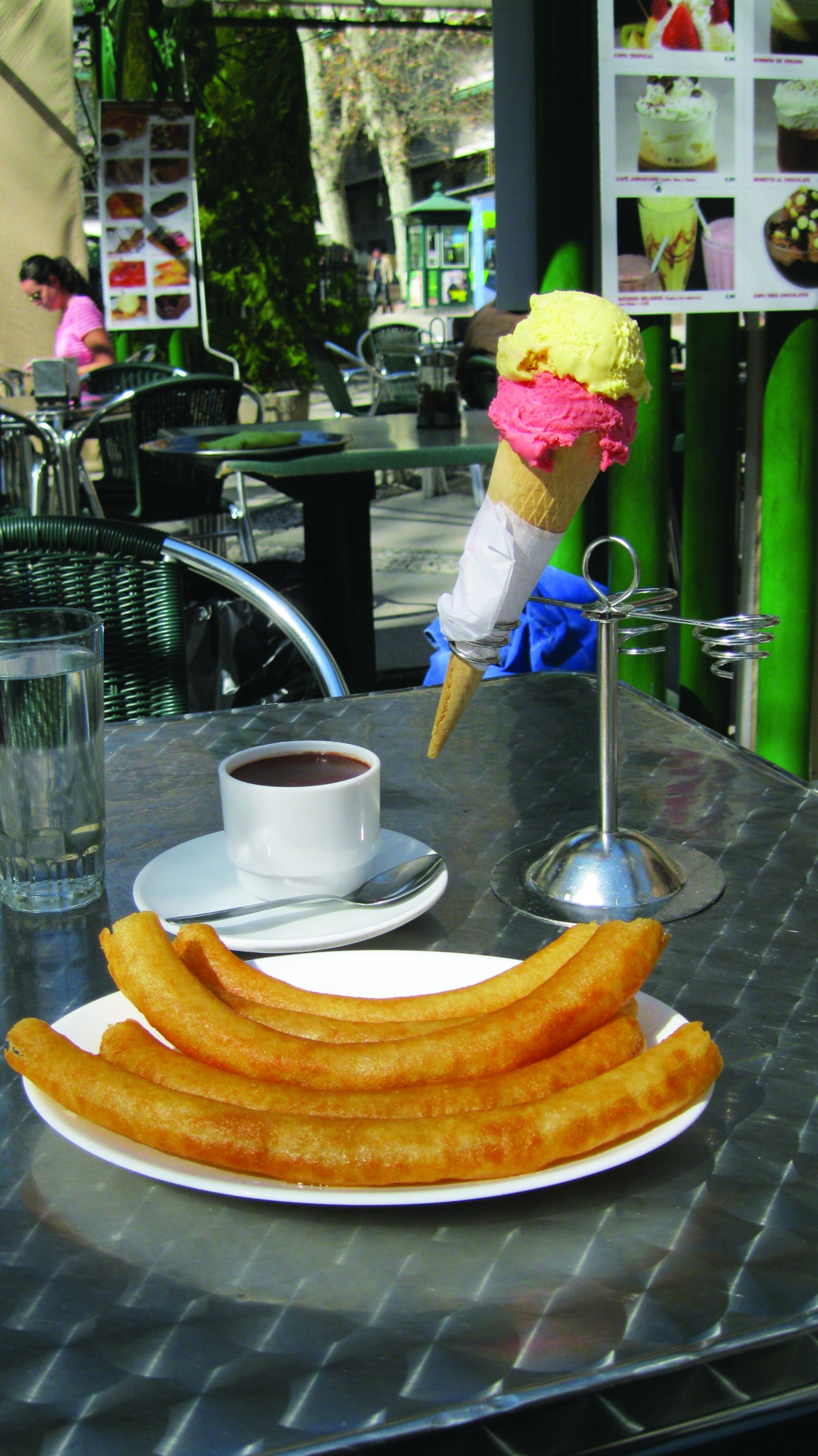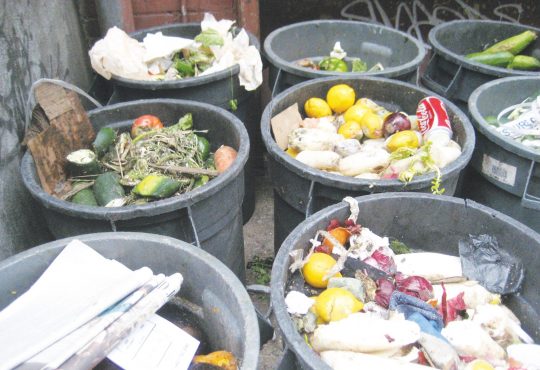
The decision to study abroad can be one of the most important and anticipated in your undergraduate career. Keeping in mind the multitude of locations where you can study, classes needed for your majors or minors, credit transferal and numerous other details can be a lot to handle.
However, as a student studying abroad, I also know that an important factor in choosing where you want to study for the next five months or year is also based on the culture and language of the country and, more importantly, the food. Thus, I would like to dedicate this week’s column to the cuisine of Spain and what you should look out for when choosing a study abroad location.
First off, it would be helpful to actually know a little about the cuisine of the country where you wish to study before arriving and discovering that you will be hungry for a semester. A warning to all vegetarians and vegans who are planning to study abroad: the Mediterranean is not the best place to travel if you refuse to eat animals, seafood or otherwise.
If you are a devout vegetarian, you will not find a wide variety of food to satisfy your hunger. For example, I don’t think I have ever seen tofu here in Spain, except possibly in specialty shops. Most vegetarians survive on a diet of cheese and bread; however, the host families are accommodating and will do their best to make sure that you are properly fed.
For the rest of you going abroad, do yourself a favor and read up on the local cuisine before you travel. I, unfortunately, did not, and am learning at the expense of my forever-empty stomach that the food in Spain is quite similar to the United States. However, the schedule for eating is incredibly different.
Breakfast here practically doesn’t exist, so if you get low blood sugar levels keep in mind that you will need snacks. Lunch is always the largest meal of the day and if you are in a homestay situation do not ever miss this meal.
Dinner is kind of more of an appetizer than a meal because the Spanish culture is so based on the night life that it is common to eat a light dinner and then go for tapas and drinks where you can fill up more. So if you love the night life this schedule has its benefits, but if you’re more of a day time person, keep in mind it’s difficult to adjust to the eating schedule added to a nine hour or so time difference from the west coast.
If you love salt and fried food then Spain is for you, because for some reason fried food is a staple here. From fish to fries to cheese to chicken and churros—anything and everything imaginable can and will be fried here. I must admit that I am not a fan of the fried food, even though they solely use olive oil here.
However, there is one food that you must try when in Spain, especially if you are in Granada, and it is the forever sublime churros y chocolate.
The local hot spot for this Spanish delicacy is Café Fútbol. University students, families, couples—everyone comes for the café’s famous churros y chocolate.
For a meager sum you receive the thickest and richest hot chocolate you have ever known coupled with an enormous plate of freshly made, piping hot churros to satisfy your mid-day munchies.
Not only do you have a menu of churros, chocolates and ice creams to fill you up, but the café is also located in a picturesque plaza complete with fountains and shade for the perfect Mediterranean experience.
Also be sure to try the myriad of ice creams flavors offered in Spain and in Europe in general, because you have never had anything equal to European ice cream, especially gelato. Five times the flavor of American ice-cream without all of the cream makes for a refreshingly potent mix in each bite of helado.
Now for those of you more health conscious, if you’re looking for a variety of fresh and cheap produce, then Spain is the place for you. The price of fresh fruit and vegetables is ridiculously cheap here and the quality is astounding.
Honestly, you have not tasted fresh fruit until you have traveled to Europe, more specifically Spain and Italy.
Another bit of advice I’m sure your parents have drilled into your heads: don’t be afraid to try new and exotic foods, even if they may appear or sound revolting.
For example, in Galicia, especially in Santiago de Compostela which is in the north of Spain, a favorite and prized local delicacy is pulpo, or, to translate, octopus.
Unlike calamari where the squid is chopped up and fried, the octopus comes in many forms: it can be fried, but I believe the favorite recipe is to boil the octopus whole in an assortment of spices and oils.
Now, at first look, the octopus may seem slightly disturbing with its big bulbous head looking up at you from the plate, but if you are brave enough to get past the tentacles and suction cups on your dinner then the flavor is well worth the experience.
My final bit of advice is to just be open to new things. Try something even if it looks atrocious. And if you are with a homestay family and you don’t like something, tell them and they won’t cook it for you again, or at the very least they will give you smaller portions of the food.
The saying goes when in Rome do as the Romans do; well, when in Spain fry it up and be vocal in your like or dislike of local cuisine.
[PHOTO COURTESY / LAURA HOLLISTER]





